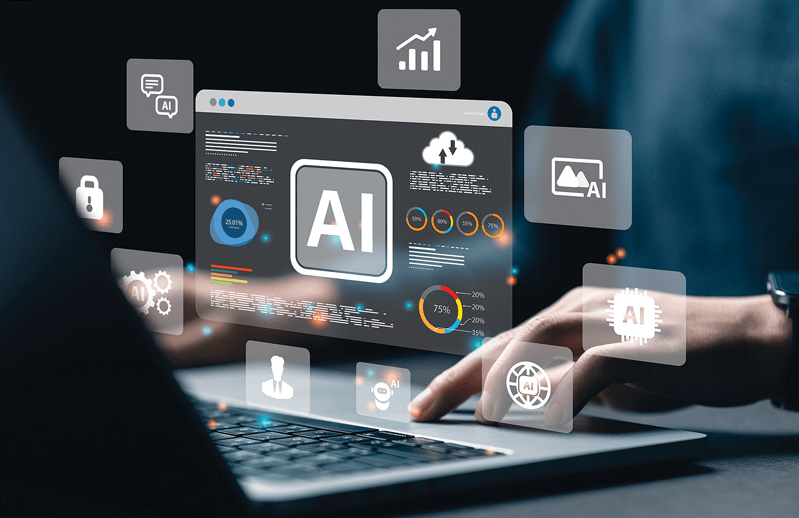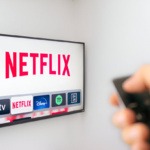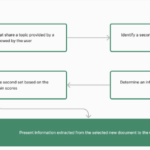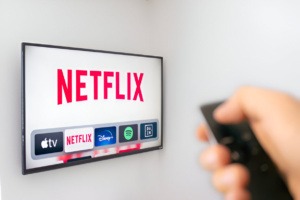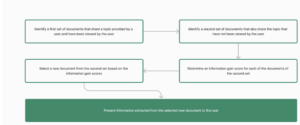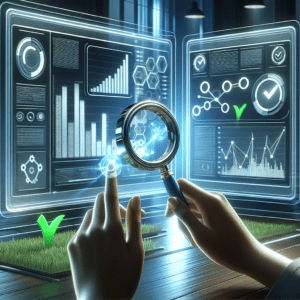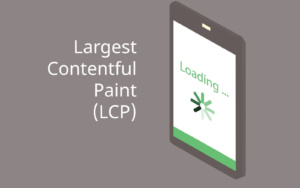The landscape of paid search is on the brink of massive transformation, driven by the integration of artificial intelligence into search engines. For marketers, SEO professionals, and business owners, understanding the implications of these changes is crucial to staying ahead of the curve.
In this blog post, we’ll explore how AI is reshaping paid search and PPC advertising, the challenges and opportunities it brings, and practical strategies to adapt and thrive in this new era. From optimizing ad strategies to targeting consumers more effectively, we’ll cover everything you need to know to maintain a competitive edge.
Introduction to AI-Powered Search
Artificial Intelligence is revolutionizing many aspects of our lives, and search engines are no exception. AI-powered search engines like Google Bard and ChatGPT are shifting from transactional queries to conversational interactions. This new approach transforms how users search for information, and consequently, how businesses should approach paid search and PPC strategies.
The Evolution of Search Interfaces
Gone are the days of static search results. AI assistants are introducing dynamic, interactive search experiences. Instead of a list of links, users will engage in conversations with AI bots to receive detailed, specific responses. This evolution necessitates a fundamental shift in how businesses approach search engine marketing.
Traditional search will likely decline as conversational AI becomes the norm. Businesses must adapt their paid search strategies to remain effective in this new landscape.
The New Paid Search Dynamics
Google, a giant in the paid search space, won’t remain passive. We can expect new offerings tailored to capitalize on AI-powered search functionality. These innovations will continue to be driven by user input and online behavior, making them more sophisticated and interactive.
For instance, imagine asking an AI bot to create a travel itinerary, which then includes sponsored recommendations for attractions, hotels, and restaurants. This creates a more natural and less intrusive ad experience.
Challenges and Costs of Paid Ads
Fewer links in search results mean fewer ad placements. This will lead to higher competition and increased costs for sponsored listings. Businesses must be prepared for these changes, as achieving the same level of visibility will become more challenging and expensive.
AI’s ability to match user intent with organic search results will further complicate the landscape for paid ads. Advertisers will need to pay more to compete effectively, especially as AI improves the relevance and accuracy of organic results.
Enhancing Brand Awareness
Increased competition and higher costs necessitate a greater focus on brand awareness. Businesses must invest in building strong, recognizable brands that resonate with consumers. When AI presents options, familiar brands will have a significant advantage.
Creating elevated content that showcases the benefits and unique selling points of your offerings is essential. When your ad does appear, it must make a lasting impact on the consumer.
Targeting with Precision
One of the key benefits of AI-powered search is enhanced targeting capabilities. AI can analyze vast amounts of data with incredible precision, allowing marketers to predict consumer behavior more accurately. This results in more targeted ads that generate higher engagement and conversions.
Marketers can leverage AI to gain deeper insights into search behavior, further refining their targeting strategies. This level of precision will be invaluable in optimizing paid search campaigns.
Optimizing Ad Performance
AI algorithms excel at optimizing ad performance. By analyzing user behavior and search patterns, AI can identify which ads are most likely to resonate with users. Advertisers can use this data to refine their ad copy, keywords, and targeting parameters continuously.
AI-powered tools can recommend the most effective keywords, ad placements, and targeting strategies. This optimization will lead to improved conversion rates and cost efficiencies.
Transparency and Accountability
While AI offers incredible potential, it also presents challenges in transparency and accountability. Some AI-powered search tools may not provide full transparency into how results are generated. This lack of visibility can make it difficult to optimize campaigns effectively.
Businesses must monitor AI algorithms closely to ensure accurate results and avoid costly mistakes. Understanding the nuances within queries and maintaining control over ad placements will be critical.
Preparing for Greater Competition
Larger companies with more resources will have a competitive advantage in developing and implementing AI-powered strategies. This increased competition will make it even more important for smaller businesses to stay agile and innovative.
SEO will continue to play a vital role in maintaining visibility. AI chatbot results will prioritize organic search results, making SEO more prominent than ever. Businesses must invest in robust SEO strategies to complement their paid search efforts.
The Rise of Upper-Funnel Ads
AI-powered search will streamline many aspects of traditional search, reducing the number of necessary queries. This shift will drive an increased focus on upper-funnel ads, aimed at building brand awareness and familiarity.
Businesses must invest heavily in creating content that educates and informs potential customers. When consumers are ready to make a decision, they should already be familiar with your brand and offerings.
The Future of Relevant Ads
AI-powered search will prioritize ads that are highly relevant to user queries. Advertisers will need to create more targeted ads tailored to specific user needs and interests. This means developing a variety of ad formats to optimize visibility on search engine results pages (SERPs).
AI’s ability to analyze consumer behavior and historical data will provide invaluable insights into optimizing ad campaigns. Businesses must leverage these insights to stay competitive.
The Role of AI in Campaign Optimization
AI’s role in campaign optimization cannot be overstated. By identifying the most effective keywords, ad placements, and targeting strategies, AI will help businesses maximize their ROI.
Advertisers can continuously refine their campaigns based on real-time data and insights provided by AI-powered tools. This ongoing optimization will be crucial in maintaining a competitive edge.
Navigating the Complexity of AI Algorithms
AI algorithms are complex and continually evolving. Businesses must stay informed about the latest developments and best practices in AI-powered search.
Monitoring campaign performance and making data-driven decisions will be essential. Businesses should also be prepared to adapt quickly to changes in AI algorithms to avoid skewed data insights and inappropriate decision-making.
Conclusion and Next Steps
The integration of AI into search engines is transforming the paid search landscape. For marketers, SEO professionals, and business owners, staying ahead of these changes is vital.
By understanding the challenges and opportunities presented by AI-powered search, businesses can adapt their strategies to remain competitive. Investing in brand awareness, leveraging AI for targeting and optimization, and staying informed about AI developments will be key to success.
To explore more about AI in paid search and stay updated on the latest trends, sign up for our newsletter. Stay ahead of the curve and ensure your business thrives in the age of AI-powered search.


